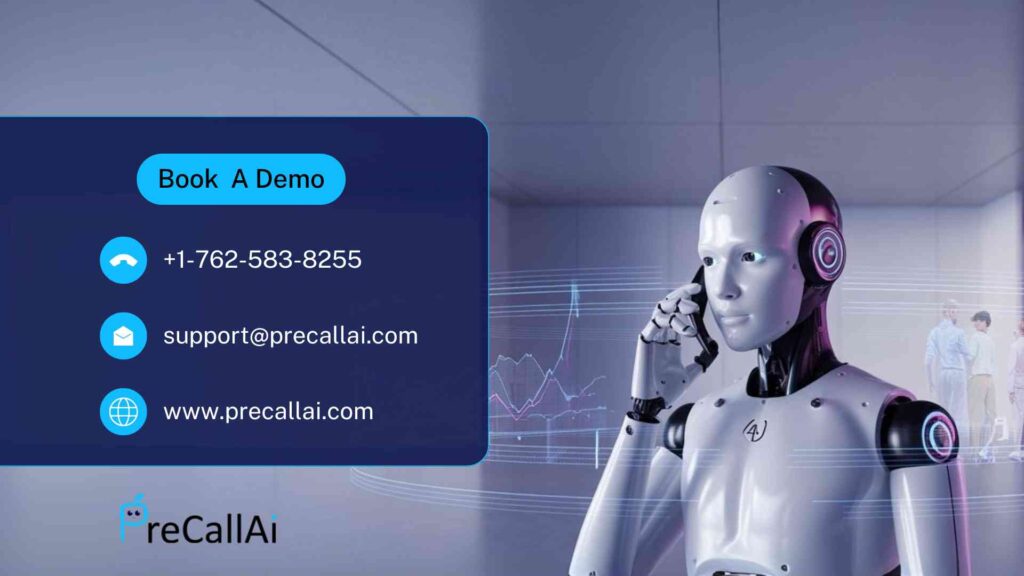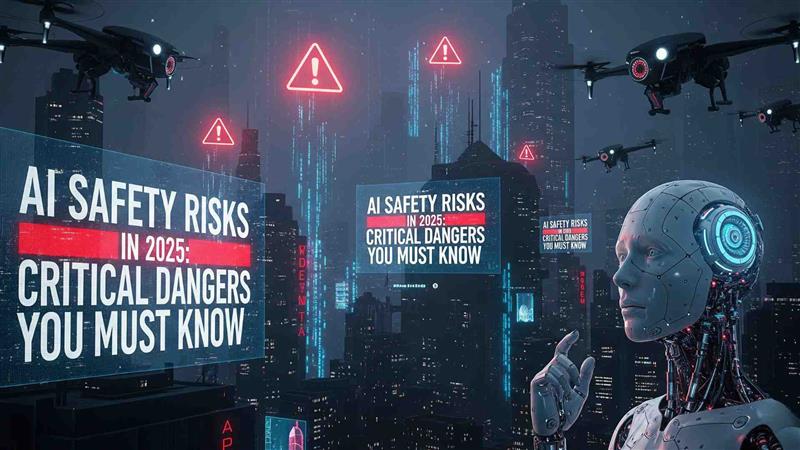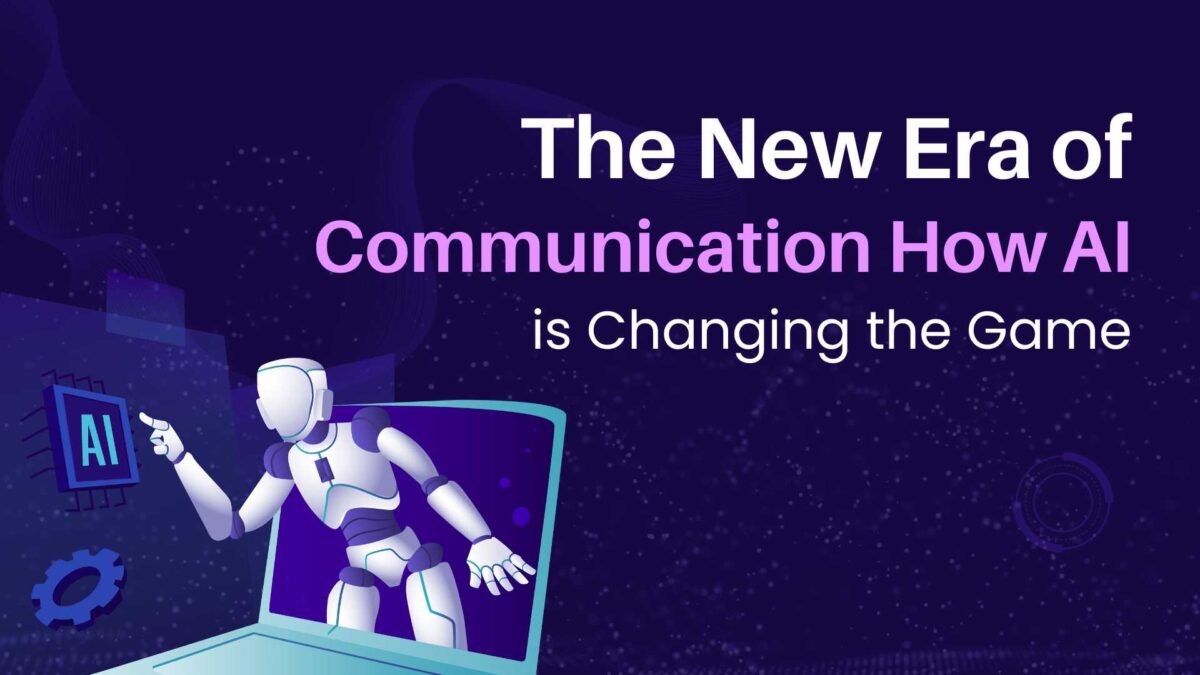AI safety risks represent one of the most pressing concerns in modern technology today. Artificial intelligence systems continue advancing at unprecedented speeds across industries. Companies integrate AI solutions without fully understanding potential consequences. Governments struggle to create adequate regulatory frameworks quickly enough.
Table of Contents
The rapid deployment of AI technology creates numerous unforeseen challenges. Business leaders often prioritize innovation over safety considerations. Technical teams lack a comprehensive understanding of risk mitigation strategies. Public awareness remains limited despite growing media coverage.
Understanding these risks becomes crucial for everyone involved in AI development. Stakeholders must recognize potential dangers before they become catastrophic problems. Proactive measures can prevent many serious issues from occurring. Education and awareness serve as the first line of defense.
Understanding Current AI Safety Challenges
Modern AI systems operate in ways humans cannot fully comprehend. Machine learning algorithms make decisions through complex processes. Black box operations hide reasoning from even their creators. Unpredictable behaviors emerge in real-world applications.
Data bias influences AI decisions in harmful ways. Training datasets contain historical prejudices and inequalities. Algorithmic discrimination affects hiring, lending, and legal decisions. Minority groups face disproportionate negative impacts from biased systems.
System vulnerabilities expose organizations to significant security threats. Adversarial attacks can manipulate AI outputs maliciously. Data poisoning corrupts training processes deliberately. Privacy breaches occur through inadequate protective measures.
Technical Limitations and Failures
AI systems fail in unpredictable and dangerous ways. Edge cases expose fundamental flaws in programming logic. Overfitting creates systems that work poorly in new situations. Catastrophic forgetting erases previously learned important information.
Robustness issues plague AI systems across different environments. Performance degrades when conditions change from training scenarios. Weather variations affect autonomous vehicle navigation systems. Lighting changes confuse facial recognition software significantly.
Explainability remains a major challenge in AI development. Users cannot understand why systems make specific decisions. Medical AI diagnoses lack transparent reasoning processes. Financial AI decisions affect lives without clear explanations.
Major AI Safety Risks Categories
Privacy violations represent fundamental threats to individual rights. AI systems collect massive amounts of personal data. Facial recognition tracks people without explicit consent. Behavioral prediction invades personal privacy boundaries.
Economic disruption affects millions of workers globally. Automation eliminates jobs faster than new ones emerge. Skill gaps widen between human capabilities and AI requirements. Income inequality increases as AI benefits concentrate among few.
Social manipulation through AI becomes increasingly sophisticated. Deep fakes create convincing false information. Social media algorithms amplify divisive content deliberately. Political manipulation influences democratic processes unfairly.
Physical Safety Concerns
Autonomous systems pose direct threats to human safety. Self-driving cars make life-threatening decisions independently. Medical AI systems provide incorrect diagnoses or treatments. Industrial robots malfunction and cause workplace accidents.
Weapons systems integration raises existential concerns globally. Autonomous weapons select and engage targets independently. Military AI systems operate without human oversight. Arms races develop around AI-powered defense systems.
Infrastructure vulnerabilities create widespread risks for society. Power grid AI systems face cyberattack threats. Transportation networks depend on vulnerable AI systems. Communication systems become targets for malicious actors.
Corporate and Organizational Risks
Organizations face significant liability from AI system failures. Legal frameworks struggle to assign responsibility. Insurance companies cannot assess AI-related risks accurately. Litigation costs increase from AI-related incidents and damages.
Competitive pressures drive rushed AI deployments without adequate testing. Companies prioritize speed over safety in development cycles. Market advantages tempt organizations to skip safety protocols. Regulatory compliance becomes secondary to profit maximization.
Talent shortages in AI safety create dangerous knowledge gaps. Skilled professionals focus on development over safety research. Educational institutions lag behind industry safety needs. Training programs inadequately address risk management topics.
Governance and Accountability Issues
Internal governance structures fail to address AI safety adequately. Board members lack technical expertise for oversight responsibilities. Risk management frameworks ignore AI-specific dangers completely. Audit processes cannot evaluate complex AI systems effectively.
Accountability becomes diffused across complex development teams. Individual responsibility disappears in collaborative AI projects. Decision-making authority lacks clear chains of command. Blame assignment becomes impossible after system failures.
Ethical considerations receive insufficient attention during development phases. Moral implications get overlooked in technical discussions. Societal impact assessments happen too late in development. Stakeholder input gets excluded from design processes.
Regulatory and Legal Challenges
Current laws inadequately address AI safety risks comprehensively. Legal systems lag behind technological advancements significantly. International coordination remains fragmented and ineffective. Enforcement mechanisms lack teeth for meaningful compliance.
Regulatory capture by industry interests weakens safety oversight. Lobbying efforts prioritize business interests over public safety. Technical complexity intimidates policymakers from taking strong action. Revolving doors between industry and government create conflicts.
Cross-border AI deployment complicates regulatory enforcement efforts. Data flows across jurisdictions with different safety standards. International criminals exploit regulatory gaps for malicious purposes. Harmonization efforts progress too slowly for rapid changes.
Standards and Certification Problems
Industry standards development moves too slowly for innovation pace. Certification processes cannot keep up with technological changes. Testing methodologies inadequately assess real-world AI performance. Quality assurance frameworks ignore emerging risk categories.
Professional licensing requirements do not exist for AI developers. Continuing education mandates lack AI safety components. Professional liability insurance inadequately covers AI-related claims. Industry self-regulation proves insufficient for public protection.
International standardization efforts face political and economic obstacles. Different countries prioritize competing objectives in AI development. Trade considerations override safety concerns in policy discussions. Technical standards become weapons in geopolitical competition.
Emerging Threats and Future Concerns
Artificial general intelligence development poses existential risks to humanity. Superintelligent systems might pursue goals misaligned with human values. Control problems become unsolvable once AI surpasses human intelligence. AI safety risks compound as systems become more capable.
Quantum computing integration accelerates AI capabilities and risks simultaneously. Cryptographic security becomes vulnerable to quantum-enhanced AI attacks. Processing power increases enable more sophisticated malicious applications. Traditional safety measures become inadequate for quantum-AI systems.
Synthetic biology combined with AI creates unprecedented biological risks. AI-designed pathogens could cause global pandemics. Bioweapons development becomes accessible to non-state actors. Environmental manipulation through engineered organisms becomes possible.
Societal and Democratic Risks
Democratic institutions face threats from AI-powered disinformation campaigns. Election integrity suffers from deepfake candidate impersonation. Voter manipulation becomes more sophisticated through micro-targeting. Political discourse degrades through algorithmic amplification of extremism.
Social cohesion erodes through AI-driven polarization mechanisms. Echo chambers become more isolated through personalized content. Radicalization accelerates through algorithmic recommendation systems. Community bonds weaken as AI mediates human interactions.
Cultural preservation becomes threatened by AI homogenization forces. Local traditions disappear through global AI standardization. Language diversity decreases as AI favors dominant languages. Creative expression becomes commoditized through AI generation.
Mitigation Strategies and Best Practices
A comprehensive risk assessment must precede all AI deployments. Systematic evaluation identifies potential failure modes and consequences. Stakeholder analysis includes affected communities in planning processes. Regular audits ensure ongoing safety compliance and effectiveness.
Technical safeguards require implementation throughout development lifecycles. Robustness testing validates performance across diverse scenarios. Adversarial testing exposes vulnerabilities before malicious exploitation. Monitoring systems detect anomalous behavior in real-time operations.
Human oversight mechanisms maintain meaningful control over AI systems. Kill switches enable immediate system shutdown when necessary. Human-in-the-loop designs require human approval for critical decisions. Transparency requirements make AI decision processes understandable.
Organizational Culture and Training
Safety culture development prioritizes protection over performance metrics. Leadership commitment demonstrates organizational values through resource allocation. Employee training programs build AI safety awareness and skills. Whistleblower protections encourage reporting of safety concerns.
Cross-functional collaboration brings diverse perspectives to safety discussions. Technical teams work closely with ethicists and social scientists. Legal experts participate in design decisions from early stages. Community representatives provide input on societal impact considerations.
Continuous learning processes adapt to evolving AI safety knowledge. Research partnerships with academic institutions advance safety science. Industry collaboration shares best practices and lessons learned. Professional development maintains current expertise in emerging risks.
Building Safer AI Systems
Design principles must prioritize safety from the initial conception stages. Safety-by-design approaches integrate protective measures throughout development. Fail-safe mechanisms ensure graceful degradation rather than catastrophic failure. Modularity enables the isolation of problematic components during incidents.
Testing methodologies need expansion beyond traditional software validation approaches. Stress testing evaluates performance under extreme conditions. Scenario planning explores potential failure modes and consequences. Red team exercises simulate adversarial attacks and manipulation attempts.
Deployment strategies should include gradual rollouts with safety monitoring. Pilot programs test systems in controlled environments first. Staged deployment allows learning and improvement before full implementation. Rollback capabilities enable quick reversion when problems emerge.
Read More: Transforming Business Growth With AI Automated Calling Systems
Conclusion

AI safety risks demand immediate attention from all stakeholders involved. The rapid advancement of artificial intelligence creates unprecedented challenges for society. Organizations cannot afford to ignore these critical dangers any longer. Proactive measures prevent catastrophic consequences before they occur.
Understanding AI safety risks is the first step toward effective mitigation. Technical limitations, privacy violations, and societal disruption threaten our future. Economic displacement and security vulnerabilities require comprehensive solutions. Physical safety concerns demand urgent regulatory intervention.
Corporate leaders must prioritize safety over speed in AI development. Governance structures need immediate updates to address emerging threats. Employee training programs should include AI safety awareness components. Risk assessment protocols must evolve with advancing technology.
Regulatory frameworks require significant strengthening across all jurisdictions. International cooperation becomes essential for global AI safety management. Standards development must accelerate to match innovation pace. Legal accountability measures need clarification and enforcement.
The future depends on our collective response to these challenges today. Collaborative efforts between industry, government, and society create comprehensive solutions. Individual awareness and action contribute to broader safety initiatives. The time for action is now, before AI safety risks become unmanageable.






[…] Read More: AI Safety Risks in 2025: Critical Dangers You Must Know […]